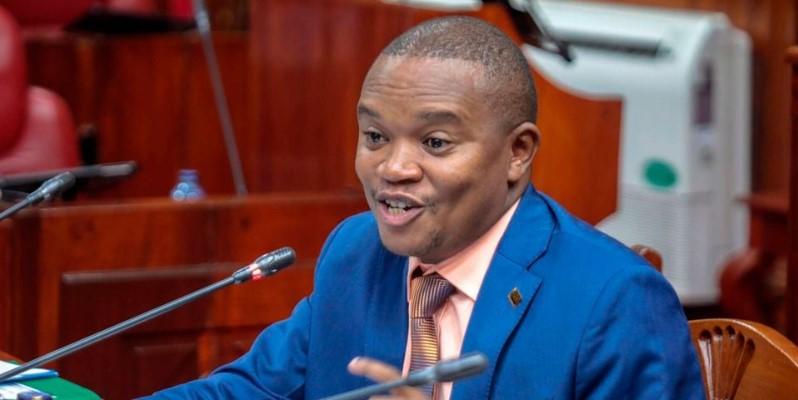MP Says Tax on Bread Meant to Tackle Diabetes in Kenya
Kimani Kuria, the Finance Chairperson of the National Assembly, elucidated the Treasury’s reasoning behind suggesting the imposition of VAT on bread in the Finance Bill 2024.
In an interview on Citizen TV, Kuria disclosed that the proposal stemmed from concerns regarding the escalating instances of diabetes.
He elaborated that the Treasury’s objective was to address the prevalence of the lifestyle disease and dissuade the consumption of bread.
Contained within the Finance Bill 2024, the National Treasury recommended the removal of bread from the list of VAT-exempt items, subjecting it to a 16 percent charge.
This adjustment would have resulted in a significant increase in bread prices, potentially exceeding Ksh10. Currently, a 400-gram loaf is priced at Ksh65.
“We engaged in extensive discussions with the Treasury. Initially, the concern was about diabetes,” he articulated.
Nevertheless, he acknowledged the dissatisfaction among Kenyans with the proposal, highlighting bread’s essential role as a staple food for many households.
ALSO READ:
- Inside Job Exposed: Kenyan Prison Wardens Convicted for Orchestrating Daring Terrorist Escape
- Uganda Pulls the Plug: Nationwide Internet Blackout Ordered Days Before Crucial General Election
- African Elections Under the Spotlight as Zambia Turns to Kenya Ahead of 2026 Vote
- “Two Drug Barons in Cabinet?” Kenya Government Fires Back as Ex-Deputy President Sparks Explosive Drug Claims
- Kenyan Court Freezes Use of Private Lawyers by Government, Sparks Nationwide Legal Storm
The MP also recognized arguments from experts suggesting that such a move could backfire, prompting households to seek cheaper alternatives.
“The feedback we’re receiving from Kenyans is that bread is not a luxury item. It’s a staple consumed daily, particularly for breakfast. These are all suggestions.”
Moreover, Kuria raised concerns about the potential shift towards bread baked in informal settings along roadsides if taxation were implemented, exacerbating health risks.
In response to public outcry, the MP urged Kenyans to provide their input for potential amendments to the proposal.
According to Kimani, bread could either remain VAT-exempt, be zero-rated, or face a 16 percent VAT levy.
Interestingly, the Treasury had previously contemplated increasing taxes on sugary products as part of its Medium Term Revenue Strategy to combat lifestyle diseases.
MP Says Tax on Bread Meant to Tackle Diabetes in Kenya
